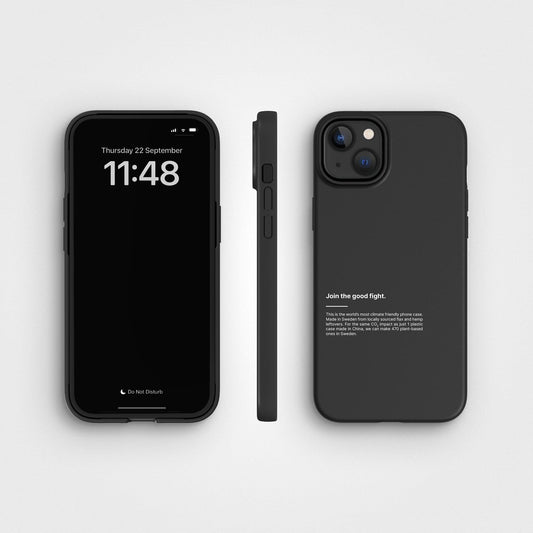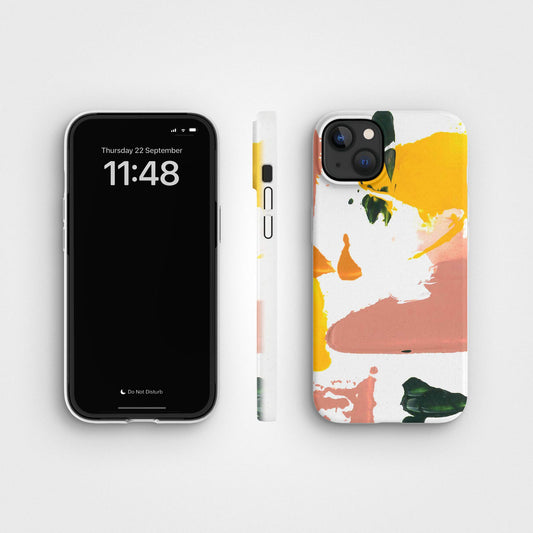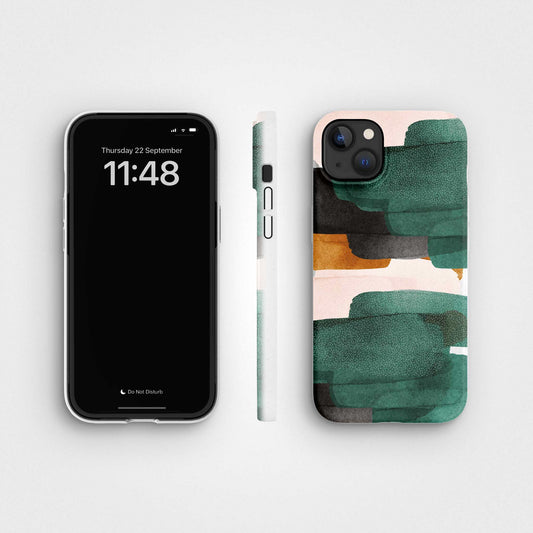As part of their final year chemistry studies at Bath University, these students have gone above and beyond to teach kids all across the UK about circular economy and the impact of plastic.
Project Next Gen takes users on an interactive excursion into the world of plastic, featuring cameos from the likes of David Attenborough and top researchers.
The aim of the project is to educate young people about the impact of our plastic consumption on the planet. Despite being aimed at younger people we learned a lot too!
The project is the hard work of 5 final year chemistry students studying at the University of Bath, UK. A Good Community caught up with two of the creators, Luke and Cici, to get their take on our plastic dependency.

The platform features cameos from the likes of David Attenborough and top researchers.
Where did the idea for Project Next Gen originally come from?
Cici: We began by brainstorming different ways to engage students with the science surrounding plastics. We wanted to make our project fun and memorable for the users as we believe this will make the knowledge stick with them for longer.
Through making the experience as interactive as possible, our aim was for the participants to completely immerse themselves in the protagonist’s decision-making process so that they could treat the decisions as their own, and in a clear way view the impact of their choices.
What first got you interested in science and chemistry?
Cici & Luke: At secondary school we were both lucky to have incredible chemistry teachers who were extremely passionate and enthusiastic. Their love for the subject inspired us and played an influential role in our decisions to study chemistry.
How has our plastic dependency and the following pollution manifested itself to you?
Luke: I live on the southern coast of Devon in the UK and spend a lot of my free time at the beach. Throughout my life I have been very aware of the massive amount of plastic accumulating on the coastline.
Also, I’ve been exposed to the huge media coverage of the issue with amazing programmes such as BBC’s “Blue Planet”.
Cici: It's something I've always been subconsciously aware of but recently I heard someone discussing educating children about waste and they said it's really important to change our language away from using terms like ‘throw away’ and use more accurate terms like ‘send to landfill’.
"The real challenge was condensing this science into a format so that young students could grasp the key concepts!"
This really resonated with me because even the language we use implies that this waste will disappear. Moments like that have increased my awareness to the plastic pollution and the contribution that we as individuals have towards it.

How did you go about researching for the project? During this research, did you find anything new that was particularity significant?
Luke: Professor Matthew Jones at the University of Bath conducts Chemistry research surrounding the topic of sustainable and circular technologies. His papers helped to give the project scientific foundations. The real challenge was condensing this science into a format so that young students could grasp the key concepts!
When trying to find thought-provoking facts to support the science and give the activity context there was one headline in particular that really troubled me - “UK sending 1.6 billion face masks to landfill every month”.
Up until this point I hadn’t fully considered, or appreciated, the sheer scale of single-use masks and how damaging this must be to the environment. This fact alone definitely made me reflect on personal and consumer habits.

The kind of science lesson we love!
Ok, let's break it down for us laymen! As chemists, what is it about plastic that makes it so environmentally damaging?
Luke: Traditional plastics have molecular properties that means they take thousands of years to decompose. The result is that they accumulate in the natural environment.
Traditional plastics are also derived from fossil fuels which are a finite resource, making them unsustainable. Additionally, plastic production is very polluting as it leads to the emission of greenhouse gases (methane and ethylene) that contribute to global warming.
What are the best alternatives to traditional plastic?
Luke: I don’t think that there is a “best” alternative as such, however, PLA (Polylactic acid) is a really exciting bioplastic. PLA has recently caught the attention of companies and businesses as a more sustainable alternative to traditional, fossil fuel-derived, plastics.
"Plant-based plastics, like PLA, can help shift the industry towards a more circular economy."
This material is promising; it is produced from renewable feedstock, is biodegradable and can be chemically recycled! Hopefully further research, like at the University of Bath, can help develop better processes to make PLA and turn the tide towards a circular bioplastic economy.

How would you describe a circular economy?
Cici: The conventional, petroleum-based, plastic industry is founded on the linear economy. This is where resources are extracted to make products which are later discarded into waste-streams, resulting in most material value being lost.
The circular economy moves away from finite resources and emphasises the need to reduce waste, retain material value and regenerate natural resources.
The plastic industry must become sustainable in its use of resources by focusing on finding new materials, using more effective recycling treatments whilst moving away from the single-use mindset.
Plant-based plastics, like PLA, can help shift the industry towards a more circular economy.
Do you think it’s possible to remove all plastic completely?
Cici: As touched upon in the videos in our learning tool, plastics have incredibly useful properties which is why their use has become so widespread.
As a society, we need to invest in research to find alternatives to fossil-fuel derived plastics that are better for the environment, such as bioplastics.
As individuals, we must be mindful of the decisions we make - the majority of plastics used daily will not be recycled and therefore alternatives must be considered to limit our contributions to this global problem.
There is a huge emerging market for sustainable products so the options are out there, however, we must find them and use them instead of picking the easiest option.
From your experiences, do you think the environment is top of mind for younger generations?
Luke: I think that the younger generations are incredibly conscious of environmental issues but they are not necessarily aware about how their decisions contribute to the problems.
We recently held primary school lessons, teaching young students aged 8-11 science on sustainability and the environment.
Personally (and I’m sure the rest of the team would agree), I was amazed at how aware the students were of the natural environment and issues regarding sustainability at such a young age.

The team recently held primary school lessons, teaching young students on sustainability and the environment and they were amazed at how aware the students were!
Thanks guys, best of luck with the rest of your studies and sure we'll see more of you again the in the future!
Check out Project Next Gen for yourself here! See if you can guess just how many products contain plastic (we failed hard!). There's even a chance to win a couple of products from us too.
Project Next Gen's tips on how to reduce plastics in your everyday life:
Cici: I think that making conscious and purposeful decisions is a big factor in reducing plastic waste. We often don’t realise when we are using single-use plastics as they are so ingrained in our habits, so being more aware has helped me find areas where they can be replaced by better, more sustainable, materials.
Luke: I make simple choices such as using a reusable bottle, carrying groceries in a backpack, buying vegetables without the single-use packaging, trying to buy second-hand garments from charity shops and wearing a fabric mask. I think that it is important to highlight that even the easy decisions help to make a large impact in reducing the demand for plastics.

~
We hope you found this fun and insightful. Been working on a project yourself? We'd love to hear about it! Hit us up at Emilia Cullborg at ec@agood.com or on our Insta.





























